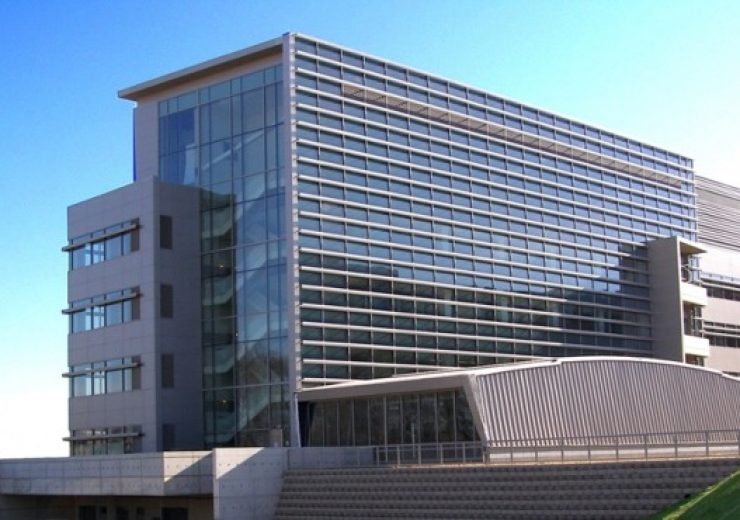The company is planning to begin a pivotal study to assess the safety and efficacy of Starstim tES

The US FDA’s Centre for Devices and Radiological Health. (Credit: The U.S. Food and Drug Administration)
Neuroelectrics has secured breakthrough device designation from the US Food and Drug Administration (FDA) for its Starstim neuromodulation platform to treat refractory focal epilepsy.
The new therapeutic platform facilitates treatment from anywhere to patients, by integrating transcranial electrical stimulation (tES) with personalised treatment protocols and a secure cloud-based mechanism.
According to the company, treatment protocols are taken from personalised brain models, which are developed using advanced data science, neuroscience research, and the patient’s own physiological data.
Neuroelectrics co-founder and CEO Ana Maiques said: “We are excited to receive the FDA Breakthrough Device Designation for our lead program in refractory focal epilepsy.
“We hope that it will speed the evaluation of a new therapeutic modality that could potentially help patients who currently have no effective treatments available.”
Recently, the company has completed a pilot study of its Starstim tES system in 20 adult and paediatric patients with medically-refractory focal epilepsy.
The patients showed a 44% median reduction in seizure frequency in the eight-week post-treatment follow-up period relative to baseline, said the company.
Neuroelectrics is also planning to begin a pivotal study to assess the safety and efficacy of Starstim tES in patients with medically-refractory focal epilepsy in the third quarter.
The study, which will use a trial design similar to the pilot study, will be by co-principal investigator Dr Alexander Rotenberg.
In a statement, Rotenberg said: “We are encouraged by the pilot study results, specifically by seizure suppression in patients whose seizures have not been controlled by drugs or surgery.
“An effective non-invasive and non-pharmacologic anti-seizure treatment option should improve our patients’ well-being and quality of life.”
Neuroelectrics is engaged in the development of a therapeutic platform that uses neuromodulation to treat a range of neurological and psychiatric disorders.
